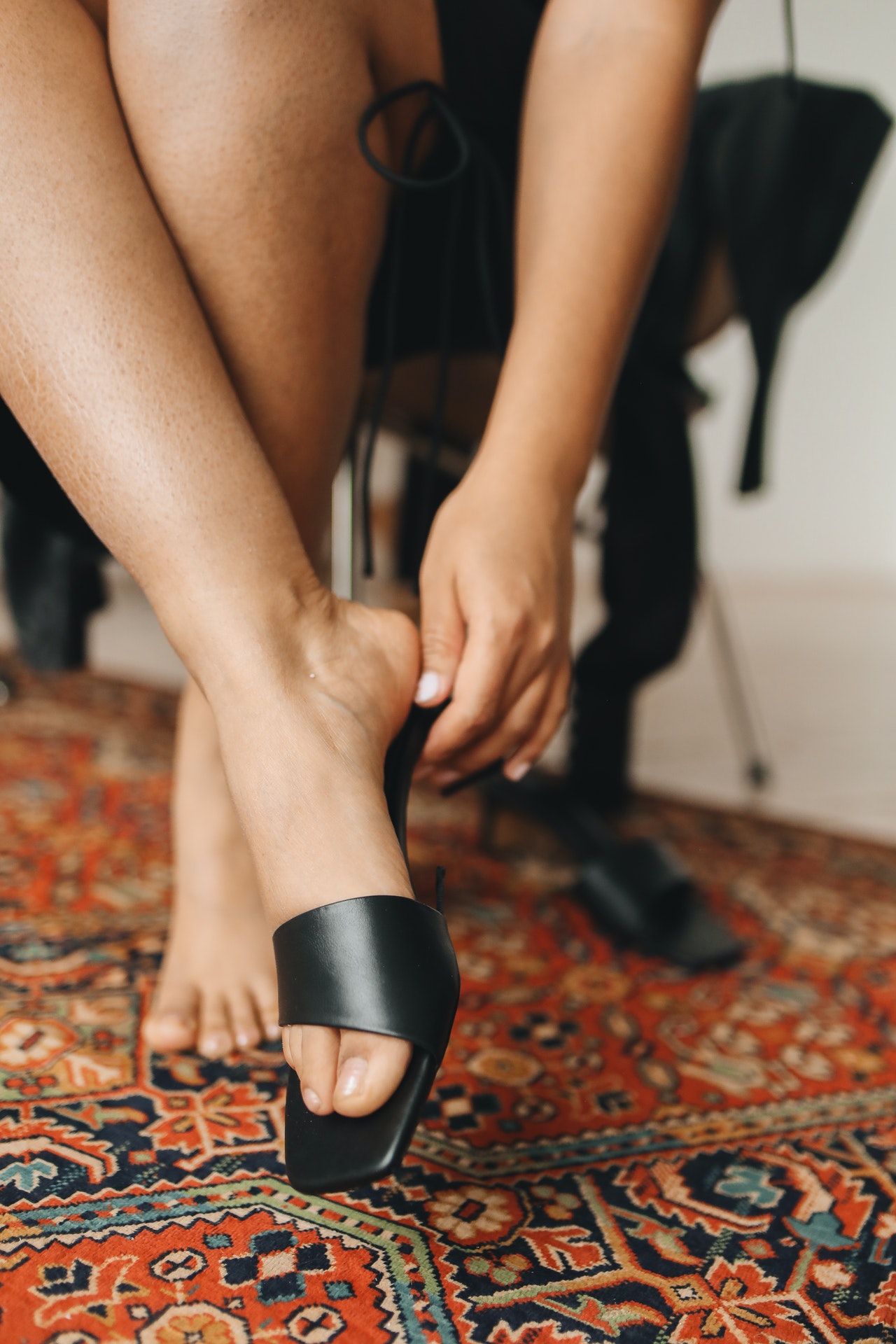If you are a woman aged 50+ years and have swollen legs or ankles that feel itchy, you could be suffering from a condition known as chronic venous insufficiency (CVI). But not any doctor can identify what type of venous disease you could be battling. A Kissimmee chronic venous insufficiency specialist can match your symptoms to evidence-based research to confirm your suspicions. But before you book your appointment with the Vascular Vein Centers team, here are some interesting facts about CVI you probably did not know.
What is CVI?
Veins are responsible for transporting blood from other parts of your body back to the heart. This applies to veins in your legs. But when you have CVI, it means that your venous walls are malfunctioning. This makes blood flood your veins, leading to swollen feet and ankles, varicose veins, cramps, and even leg ulcers. Most people confuse CVI with edema, but the two conditions are totally different. CVI can affect both men and women, but edema mostly affects pregnant women.
Who to See When You Have CVI
CVI is a severe condition that can affect your daily life. Your regular physician might not have the skills and experience to diagnose and treat you for this condition. However, they can refer you to a vascular specialist who will conduct a physical exam and assess your medical history.
Vascular specialists rely on an imaging test known as Duplex ultrasound. The primary goal of this procedure is to see the extent of damages caused to your veins. It also gives a clear picture of how fast blood flows through the veins and which direction it takes.
What to Expect During CVI Treatment
CVI can be caused by several risk factors such as pregnancy, lifestyle habits, and injuries. During your medical interview, your doctor may want to know if you feel pain, itchiness, or are often tired. To tailor the best treatment plan, they will assess your age, severity of your case, how you respond to particular drugs, and if your condition may worsen over time. Treatment solutions for CVI include:
- Leg elevation and exercises
If your CVI is minor, your doctor may recommend that you prevent the swelling by raising your legs. But the fastest way to recover is by engaging in regular exercise to allow your leg veins to function effectively.
- Medications
Medications for CVI are formulated to hasten the speed of blood flow in the vessels. If you have developed leg ulcers, your doctor may prescribe Aspirin to prevent it from advancing.
- Surgery
CVI surgery may also be used to get rid of the damaged veins. This allows other veins to work effectively.
See a Vascular Specialist for CVI Treatment
Now that you know who to see for CVI, it is important to adhere to everything your specialist tells you. They might recommend that you go back for a checkup to determine if the treatment is working. If it progresses, they can find an alternative treatment option to ease your pain. Learn more about CVI and its causes by visiting Vascular Vein Centers today.



